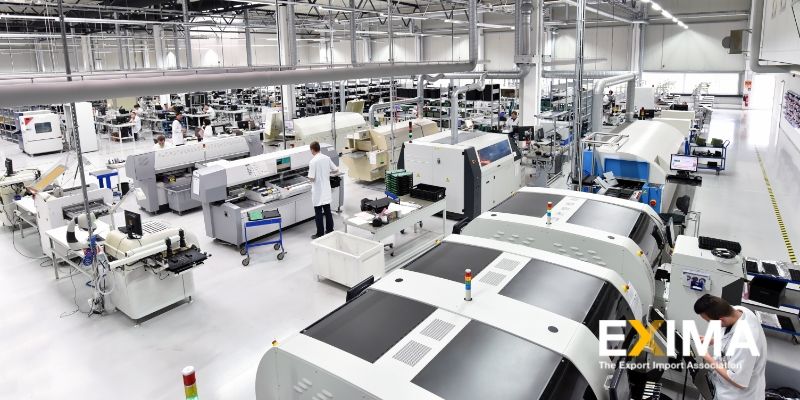In order to cut its dependence on China and the US on semiconductors supply, the European Union (EU) unveiled a multi-billion-dollar plan to set up chip factories in the bloc. The so-called “European Chips Act” (ECA) will help bolster Europe’s competitiveness and resilience while accelerating both the digital and green transition.
The European Chips Act: A Game Changer for European’s Competitiveness
On February 8th 2022, the European Commission (EC), the EU’s executive arm, announced a comprehensive set of measures to ensure the EU's security of supply, resilience, and technological leadership in semiconductor technologies and applications. The decision has come amid a global shortage of chip supplies that has impacted car makers, healthcare providers, telecoms operators, and others.
The ECA will enable 15 billion euros ($17 billion) in additional public and private investment by 2030, that will come on top of 30 billion euros of public investments already planned from projects such as NextGeneration EU, Horizon Europe, and national budgets. These funds are also set to be matched by further long-term private investments.

The EU member states are being encouraged to immediately start coordination efforts to understand the current status of the semiconductor value chain across the EU, as well as to anticipate potential disruptions and take corrective measures to alleviate the current shortage until the ECA Regulation is adopted.
The European Parliament and the member states will need to discuss the Commission's proposals on the ECA in the ordinary legislative procedure. If adopted, the Regulation will be directly applicable across the EU. Notably, the ECA is identical to the US Chips Act, which is aimed at increasing its competitiveness with China and supporting the domestic chip industry, including $52 billion to subsidize semiconductor manufacturing and research.
President of the EC, Ursula Von der Leyen, said the ECA will be a game changer for the global competitiveness of Europe's single market. In the short term, it will increase resilience to future crises, by enabling EU countries to anticipate and avoid supply chain disruptions. And in the mid-term, it will contribute to Europe becoming an industrial leader in this strategic field.
Stay Tuned with EXIMA News
EXIMA News is your go-to place for all the latest import/export information and news. Subscribe to our newsletter today!









